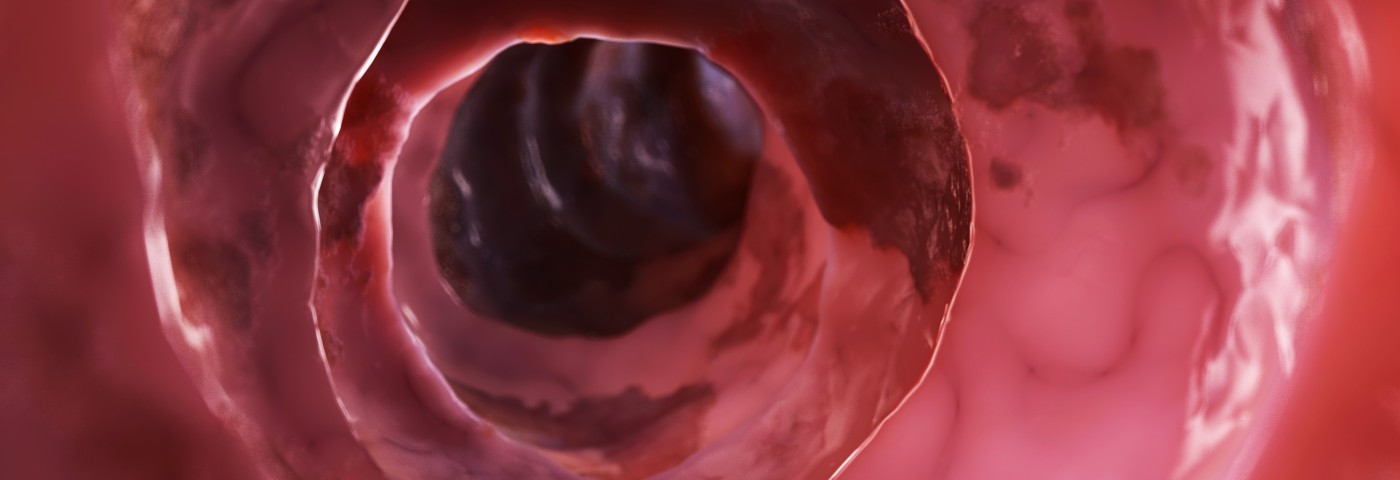A research team at Our Lady’s Children’s Hospital Crumlin (OLCHC) in collaboration with the Trinity College, Ireland, found that the cytokine interleukin-36 (IL-36) is present in higher levels in the colon mucosa of children diagnosed with inflammatory bowel disease compared to healthy children – a finding that may provide a new target for the exploration of new treatments for IBD.
Researchers first found high levels of IL-36 in children recently diagnosed with IBD. This observation led the two researchers responsible for the study, Dr. Patrick Walsh and Dr. Seamus Hussey, to realize the potential of the finding and take on an experimental approach to investigate the role of the signaling factor in mice. The findings were reported in the journal Mucosal Immunology under the title “IL-36α expression is elevated in ulcerative colitis and promotes colonic inflammation.“
The team reported that a mouse model of IBD also had high levels of IL-36 in the inflamed mucosa. Interestingly, when researchers investigated a mouse model without the gene coding for the IL-36 receptor, the animals developed a less severe form of the disease when exposed to conditions that induce acute IBD-like symptoms. Mice lacking the IL-36 receptor also reacted with less inflammation when infected with the pathogenic bacteria Citrobacter rodentium. Further analyses revealed that the immune T-cell signaling was altered in these mice, with enhanced Th17 and reduced Th1 (pro-inflammatory) responses, providing evidence that IL-36 signaling also regulates T-cell responses in the intestinal mucosa.
“Ireland has a growing rate of IBD for reasons that we do not yet clearly understand. In the past decade, the number of new cases of IBD in children attending OLCHC has increased by over 90 percent, and numbers continue to rise,” Hussey said in a news release.
Walsh said in a Trinity news release that the findings can be of value for IBD patients since a drug reducing IL-36 levels could potentially reduce symptoms and “turn off” the disease.
“The only way to find out exactly what’s happening is to continue our scientific investigations into IBD in children here in Ireland. It is only through these investigations that we can hope to find a reason for the increase, and ultimately to find a better way to treat the condition,” Walsh said.

